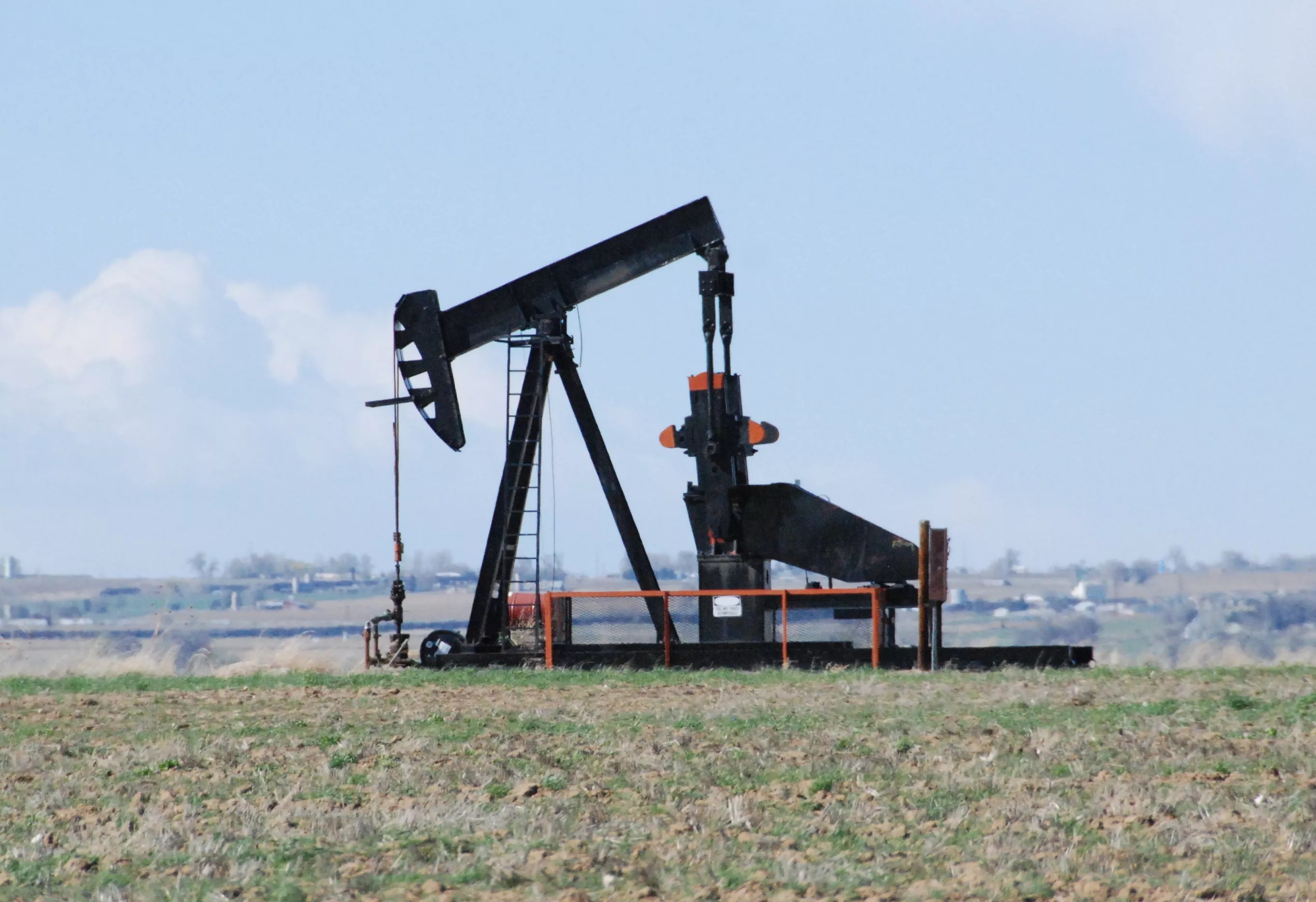
Maarten Heerlien / Flickr

Audio By Carbonatix
More than a year ago, the last of the few dozen oil and gas wells located on Denver International Airport grounds were shut off after Anadarko Petroleum took a nearby gathering line out of service. Now they’re Denver’s problem – and for the foreseeable future, the city will have to spend millions of dollars taking care of them.
A Denver City Council committee voted unanimously on Wednesday, October 16, to approve two contracts with ATP Oilfield Services and Bohler Well Service, which will provide maintenance and inspection services for the 76 oil and gas wells operated by the city on airport property. Together the two contracts will cost the city $3.8 million and run through the end of 2022, authorizing the two companies to perform a variety of on-call services as required by state and federal law – but not to produce any oil and gas.
“These services are there [because] we need to be responsible environmental stewards of the airport and comply with all the regulatory requirements,” George Karayiannakis, DIA’s senior vice president of airline and commercial affairs, told councilmembers. “These contracts do not enable oil and gas production.”
Most of DIA’s wells were drilled decades ago, long before the airport was built, and a report released in March 2018 by Denver Auditor Timothy O’Brien found that many of them were costing more to operate than they produced in revenue. In response, DIA said it would hire consultants to review its oil and gas program, and within weeks, Anadarko had shut down its gathering line, and the airport’s remaining wells were “shut in,” or taken temporarily offline.
Forty of the DIA wells produced at least some oil and gas in 2018 before being shut in, according to data from the Colorado Oil and Gas Conservation Commission. In theory, production could be restarted in the future, but for now, at least, that doesn’t appear likely.
“There are no near- or long-term plans in place today to begin production of oil and gas at the airport,” said Rachel Marion, DIA’s director of government affairs, who stressed that any plans for new extraction would have to be approved in a separate contract by city council.
“Right now we’re just in limbo,” said Councilman Chris Hinds. “We’re paying to maintain that limbo status.”
Properly maintaining shut-in wells has been a major point of concern for Colorado oil and gas regulators following the fatal home explosion in Firestone that killed two men in April 2017. That incident occurred after a previously shut-in well had been restarted, causing gas from a severed flowline to leak into the ground near a row of homes.
Karayiannakis said that DIA performs daily inspections of its shut-in wells, and detected a small leak earlier this year that he said was quickly remediated. The wells are scattered across the airport’s 54 square miles of land, and all are at least several miles away from the nearest residential area.
In the long run, oil and gas wells like the dozens scattered across DIA property can be “plugged and abandoned” – sealed with cement to better prevent leaks, permanently ending production. Several have recently been plugged – an expensive step costing up to $85,000 per well, or more if the well is connected to a tank battery, where produced oil and gas is stored.
“We have plans to keep plugging as our budget allows,” Karayiannakis said. Completing the process for all of the airport’s remaining wells could cost the city up to $9 million – but it would also end its requirement to award contracts like the ones approved Wednesday, since plugged and abandoned wells don’t require maintenance services.
The DIA wells were the last to produce oil and gas in Denver, which has no other active sites within the city limits. While new drilling has encroached on neighboring communities like Aurora, Commerce City and Thornton, the era of oil and gas extraction in Denver may be at an end.
“I don’t believe that the people of District 10 want fracking in Denver,” said Hinds. “Frankly, they don’t want it at all, but I don’t have any control beyond our city limits.”